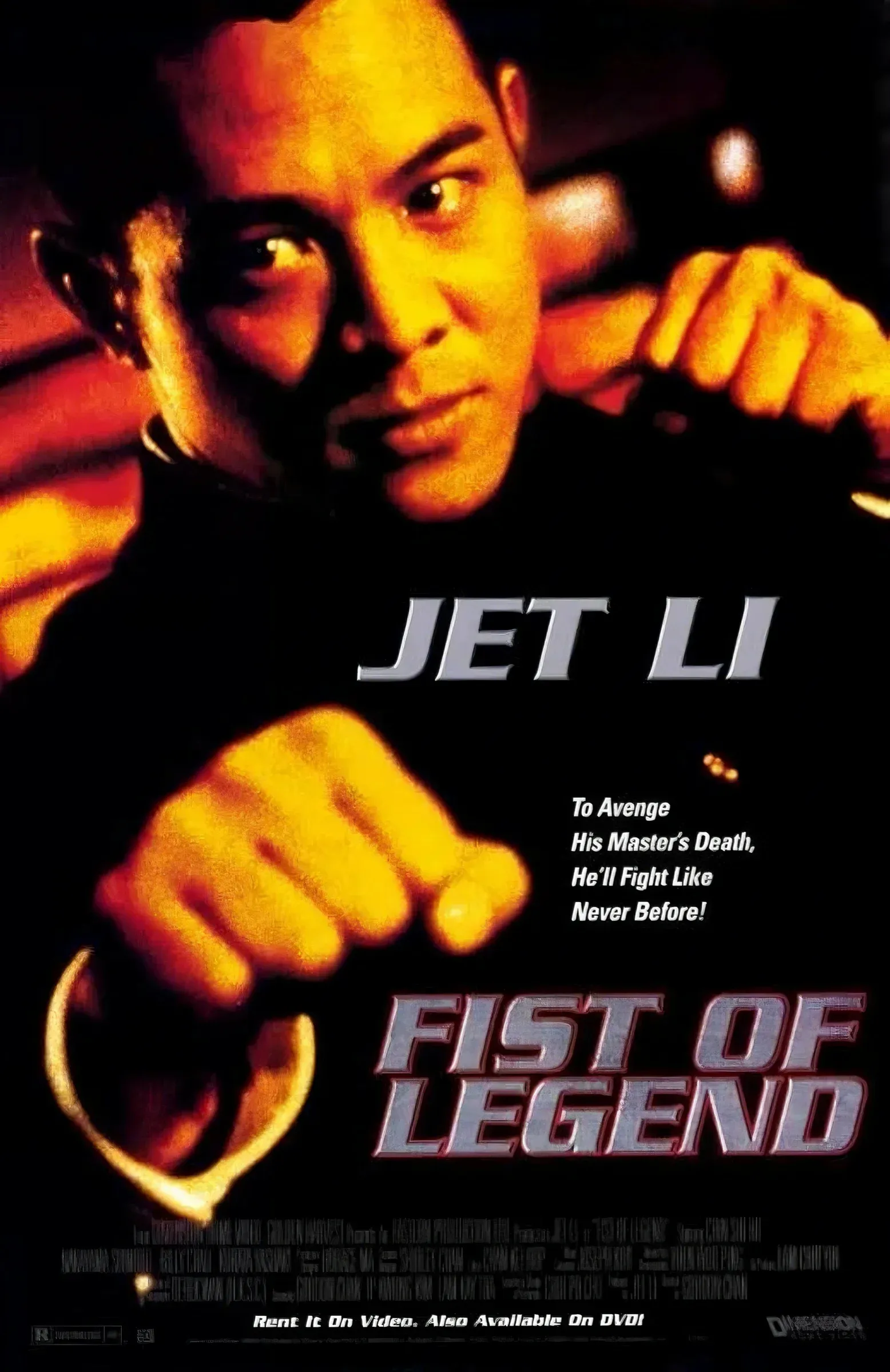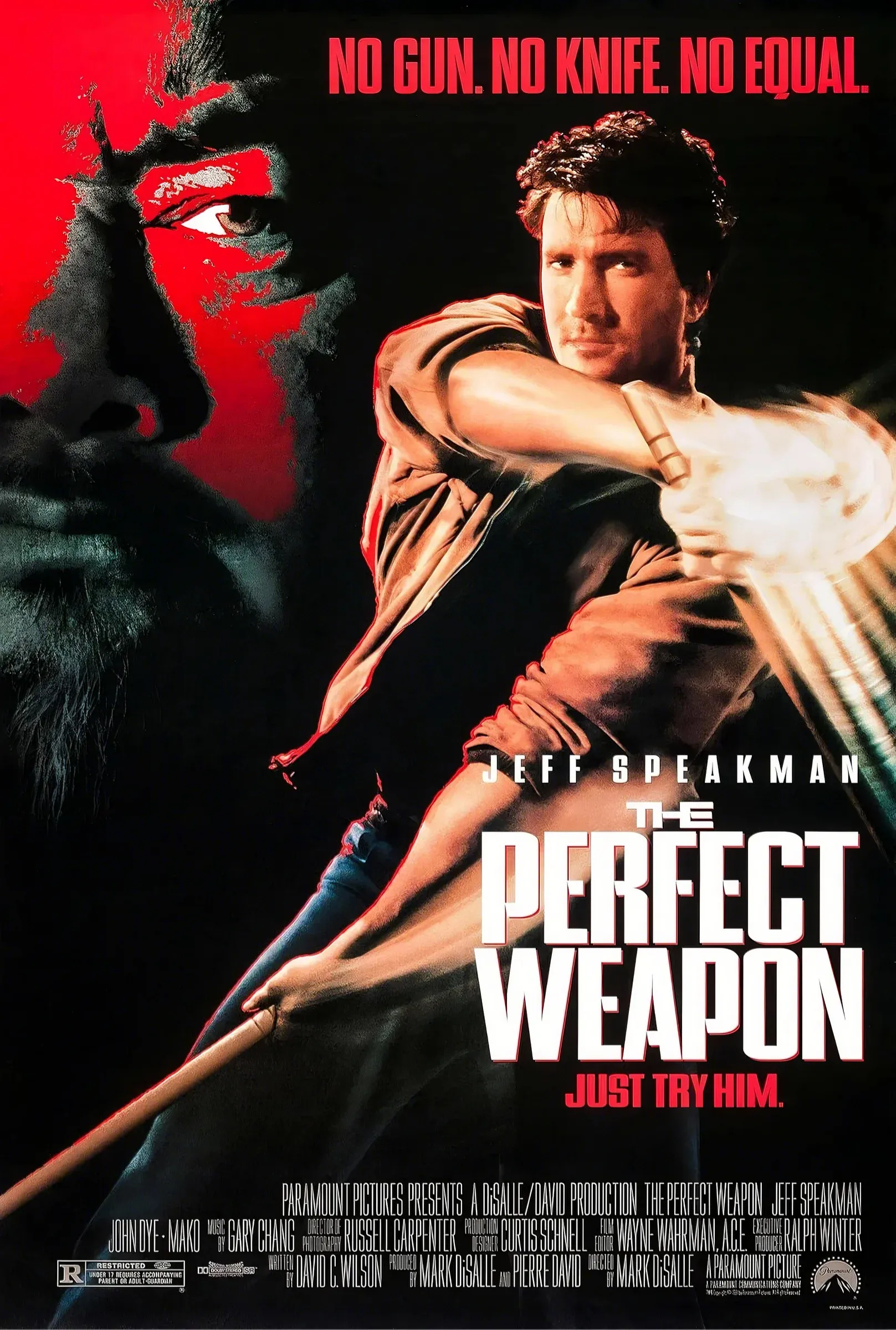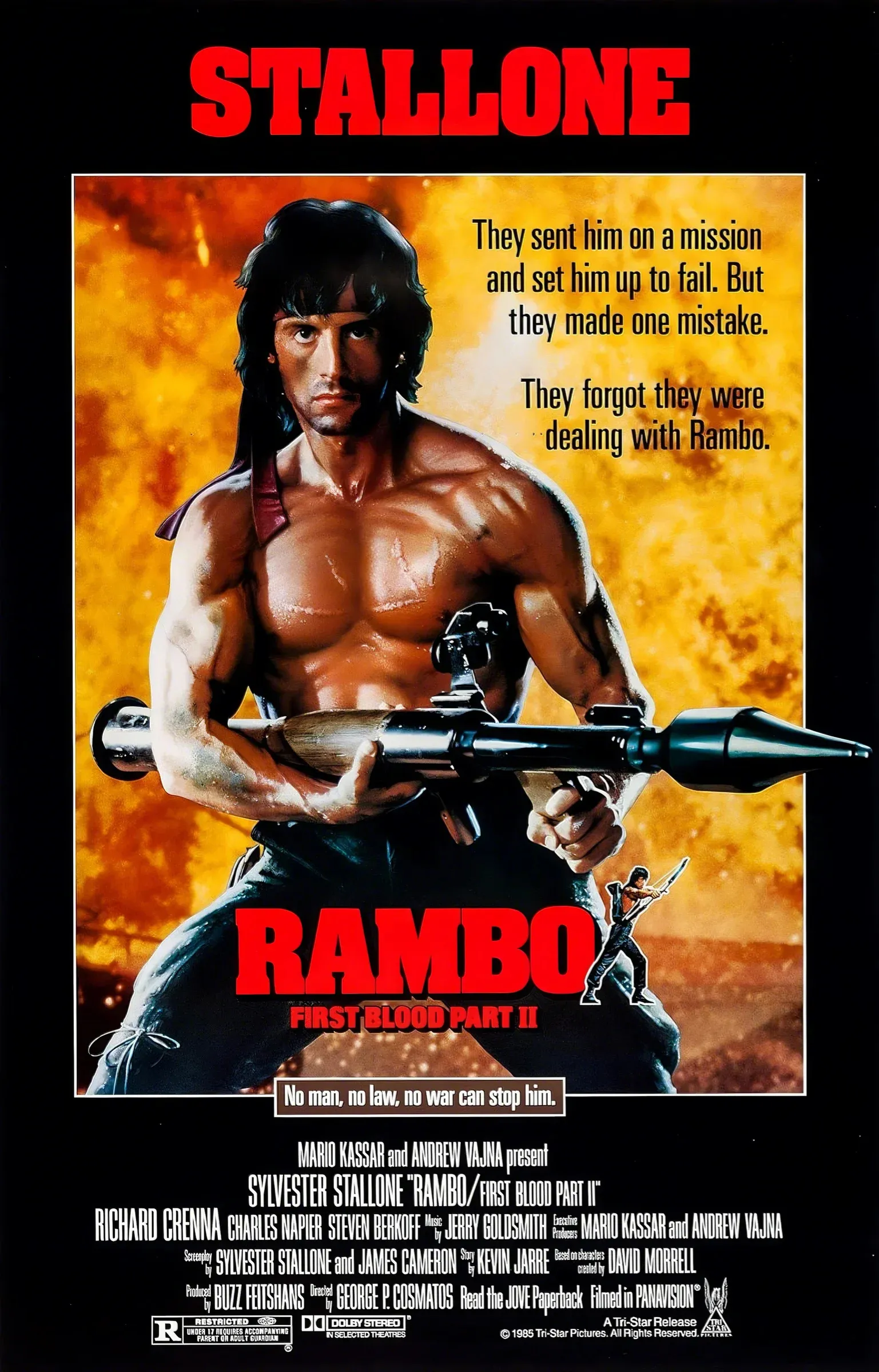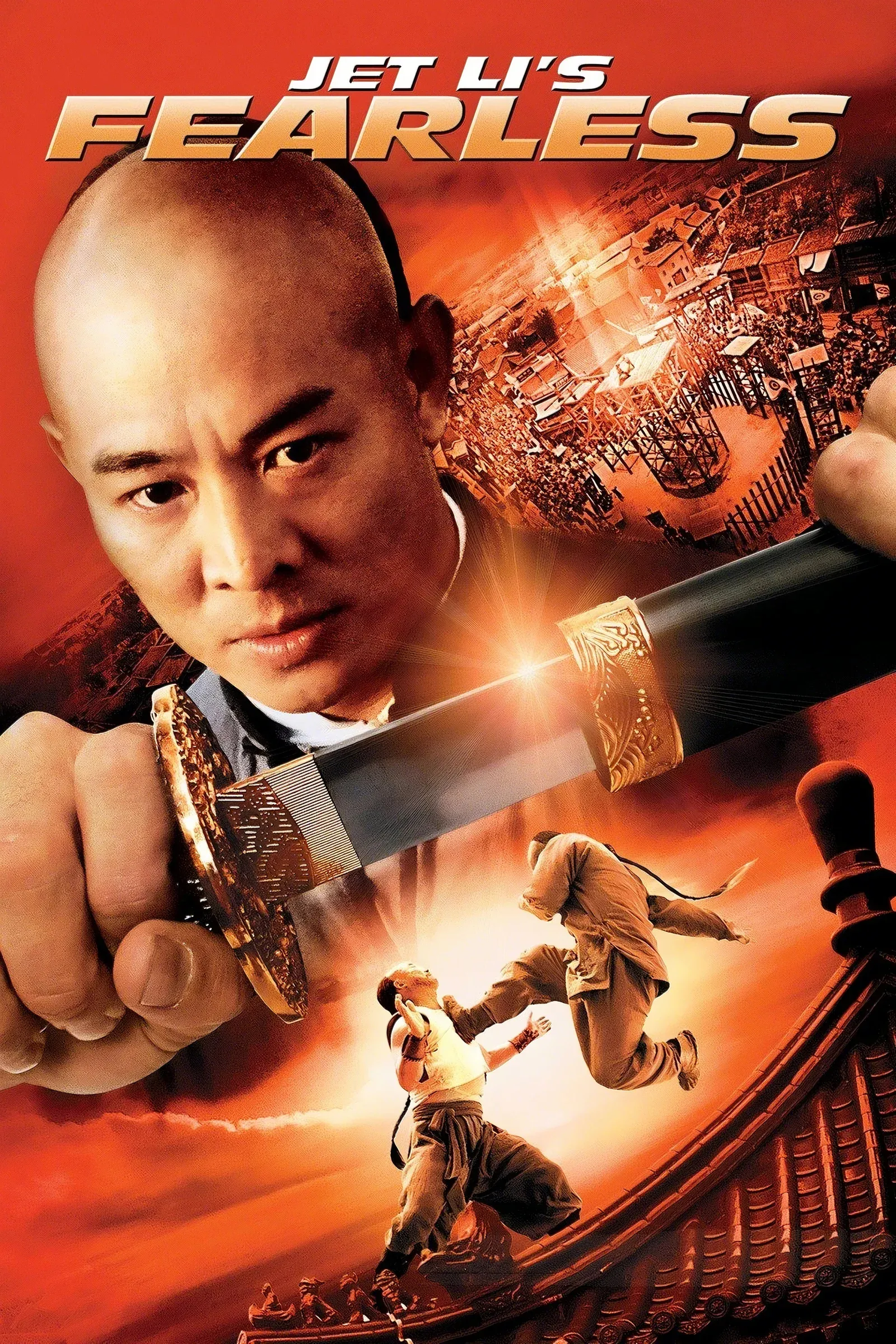Full Movie:
Fist of Legend (1994) is a Hong Kong martial arts film directed by Gordon Chan and starring Jet Li. It is a remake of the 1972 Bruce Lee film The Big Boss (also known as Fists of Fury), though it is often considered a more modern and stylistic reimagining of the original.
Plot
Set in 1937 during the Second Sino-Japanese War, Fist of Legend follows Chen Zhen (played by Jet Li), a martial artist who returns to Shanghai after studying abroad. Upon his arrival, he learns that his master, Huo Yuanjia, has died under suspicious circumstances, allegedly by the hands of Japanese martial artist Ryuichi Akutagawa (played by Billy Chow). Chen Zhen seeks to uncover the truth behind his master's death and avenge him, while also defending his martial arts school from Japanese forces attempting to impose their dominance.

The film blends traditional martial arts with themes of nationalism and revenge. Chen Zhen’s journey takes him through intense martial arts battles, personal challenges, and a quest for justice in the face of Japanese aggression.
Martial Arts and Fight Choreography
The movie is highly regarded for its exceptional fight choreography, showcasing Jet Li’s impressive skills and agility. The choreography combines elements of traditional Chinese martial arts with more modern cinematic techniques, making for thrilling and well-crafted fight scenes. Some of the film's most iconic sequences include:
-
The fight against the Japanese martial artists: This is one of the standout moments in the film, where Jet Li's character takes on multiple opponents in a demonstration of skill and power.
-
The final showdown: The climactic fight between Chen Zhen and Ryuichi Akutagawa is considered one of the best martial arts sequences in film history, featuring fast-paced combat, dramatic stakes, and intense emotion.
Themes
The film is not only a martial arts showcase but also explores themes of honor, revenge, and patriotism. Chen Zhen is portrayed as a figure who stands up against the oppression and injustice of the Japanese occupation, which aligns with the broader themes of resistance during that historical period. His actions challenge the idea of subservience, reflecting a broader cultural context of resistance in occupied China.
Reception
Fist of Legend was a commercial success in Hong Kong and is considered one of Jet Li's standout films. It garnered praise for its fight choreography, acting, and its respectful reimagining of the Bruce Lee classic. While it does take liberties with the original film, it succeeds in creating its own identity and is regarded as one of the top martial arts films of the 1990s.
Jet Li’s performance in the film was lauded, as it demonstrated his ability to combine speed, precision, and emotion into his martial arts style. His portrayal of Chen Zhen is often compared favorably to Bruce Lee's iconic roles, as Jet Li brings a mix of intense action and emotional depth to the character.
Legacy
Fist of Legend remains a beloved classic in the martial arts genre. It helped solidify Jet Li’s status as one of the leading martial arts stars of his generation, and it continues to influence martial arts films and fight choreography to this day. Many consider it a spiritual successor to Bruce Lee's work, with Jet Li serving as a bridge between the old and new generations of martial arts cinema.
The film is also notable for influencing later martial arts movies, particularly in how it combined traditional martial arts with narrative and dramatic storytelling.






